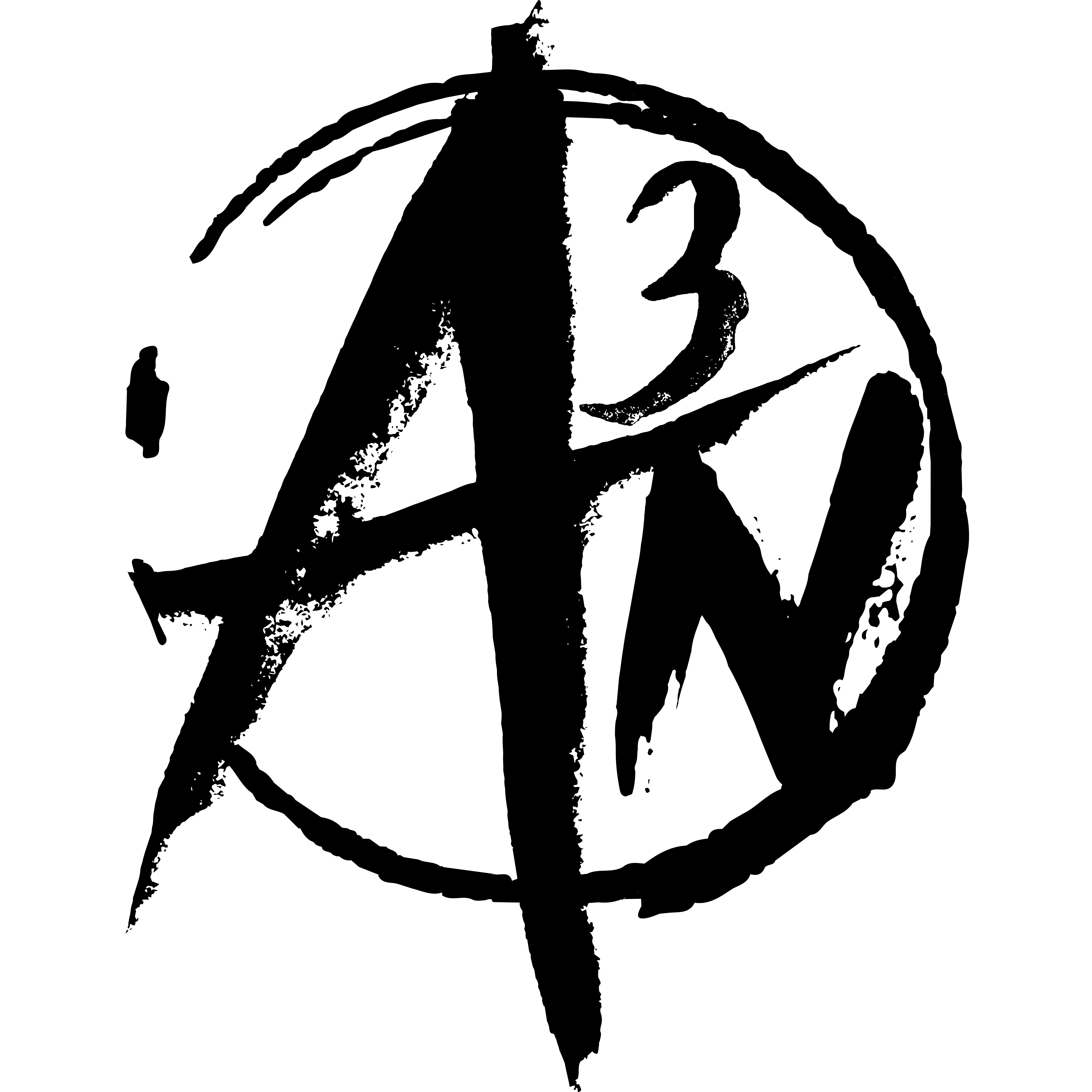The Greatest Threat to the Establishment—Reason
Independent Reasoning is the Extraordinary Feature of an Individual
You are a real superhero. You are equipped with a superpower—one that allows you to pierce through illusions, unravel mysteries, and shape your destiny. That superpower is your mental Swiss army knife. We’re talking about reason. It’s not merely the ability to solve sudoku puzzles or math problems, but the compass that points toward truth. It’s the difference between saying “I feel like unicorns exist” and saying “Let’s examine the fossil record and genetics to determine the likelihood of unicorn existence.” Reason isn’t just a tool; it’s the very essence of our intellectual existence. Buckle up, because we’re about to explore how reason fuels libertarian ideals and transforms everyday lives.
The Ability to Understand the World
In the Cambridge Dictionary, reason is defined as “the ability of a healthy mind to think and make judgments, especially based on practical facts.” Reason is the ability to untangle complex problems and investigate them from their very fundamentals. When faced with a decision, reason helps us weigh evidence, consider consequences, and choose wisely. While emotions are based on gut feelings, reason follows logic. Reason allows us to categorize, abstract, generalize, and create mental frameworks. Libertarian principles such as freedom, property, and rights are concepts built with reason.
Reason links cause and effect. It’s recognizing that eating junk food and being sedentary leads to poor health as well as a bad state of well-being. But it goes beyond nutrition—it’s understanding that economic policies have ripple effects, that personal choices impact society, and that ideas shape civilizations. Reason connects the dots across time and space.
An Ancient and Contemporary Foundation
Although the Stoics did not often speak explicitly about it, a basic Stoic principle is relying on reason instead of emotions. Stoic epistemology teaches that we can attain knowledge only by using reason. Facts exist independently of our wishes. Using logic and understanding we can comprehend the world. Marcus Aurelius characterizes reason as helping him face an uncertain future: “Never let the future disturb you. You will meet it, if you have to, with the same weapons of reason which today arm you against the present.”
Ayn Rand identifies reason as the only fundamental force propelling humankind forward. She promotes embracing it as the principle to base your morals upon and facing logical facts everywhere in life, in public as well as in private, independent of the conclusions being delightful or meager. Not using your brain to think clearly is escaping responsibility. It is the cause of evil. Through her consistent reasoning, she arrives at the conclusion that there is only one social system consistent with these principles: one that fully respects individual rights in the form of laissez-faire capitalism. Further, in this system selfish interests of all individuals align automatically.
A Reasoning Society
“You can’t have your cake and eat it too.” There are undeniable facts that cannot be changed by wishful thinking. Our actions will have consequences. Reason forces us to face facts, even when they’re as bitter as burnt coffee. If we do not use reason to reflect on our behavior, the consequences of our actions will hit us painfully later—they can only be deferred, not bypassed. A society that doesn’t use reason and disregards fundamental principles will have to live with the consequences.
Consistent reasoning inevitably leads to becoming advocates of a laissez-faire free-market system, as this is the most efficient way to achieve any goal and provides maximal freedom to everybody. One cannot argue for an authoritarian, communist system when one reasons consistently—from an economic perspective, there is no way to produce what humans demand efficiently, as can be seen clearly in countless historic trials under every circumstance imaginable. Reasoning further tells you that “evil capitalists” can only earn if they can convince you to spend your hard-earned money on their offerings voluntarily. The only alternative for them is to cooperate with the state in forcing you to spend your money on their products. Hence, a society reasoning consistently ends up in a system of economic and social collaboration built on free-market principles.
More drastically, Murray Rothbard delineates that “The greatest danger to the State is independent intellectual criticism.” Lysander Spooner expands: “[I]f they do [support the government], this majority is composed, in large part, of the most ignorant, superstitious, timid, dependent, servile, and corrupt portions of the people: of those who have been over-awed by the power, intelligence, wealth, and arrogance…” In fact, Rothbard describes it as essential for the state to stop citizens from reasoning independently by having intellectuals promote an ideology of the necessity of the state. Further, it is crucial for governments to ridicule critical thoughts as conspiracy theories because really investigating an issue will lead to questioning the official the motives of involved parties.
Utilizing Reason
Reason helps you prioritize and make decisions. You avoid emotional bias and weigh pros and cons. Hence, you skip the $200 sneakers; invest in knowledge or experiences and prioritize delayed gratification. Use reason to navigate your relationships—analyze patterns. If “friends” are draining your energy, hit the eject button.
Instead of just laughing about explanations that seem ludicrous, engage your inner detective, and consider different arguments as well as grotesque-seeming explanations. By making an effort and searching for the evidence, you will end up being convinced of arguments you thought are ridiculous, such as a laissez-faire free-market system being hugely beneficial to everybody and government not being necessary—you might end up as a sovereign individual. Reasoning means questioning assumptions, evaluating evidence, and avoiding logical fallacies. Critical thinking will lead you to sound conclusions.
Reason’s Triumph
Reason isn’t just a tool; it’s our lifeline. Reasoning means engaging your brain cells and thinking critically to find objective truth. It dismantles dogmas, fuels progress, and lights the path to a freer, richer existence. If societies reasoned more clearly, the world would be a freer place, and regularly-failing experiments, such as communism, would be laughed at. Utilize reason for your personal life by really thinking problems through. So, dear reader, embrace reason. As Ayn Rand said, “wishing won’t make it so.” Reason will. In your opinion, where should people reason more?
Think for yourself and question everything, my fellow liberty people!

















